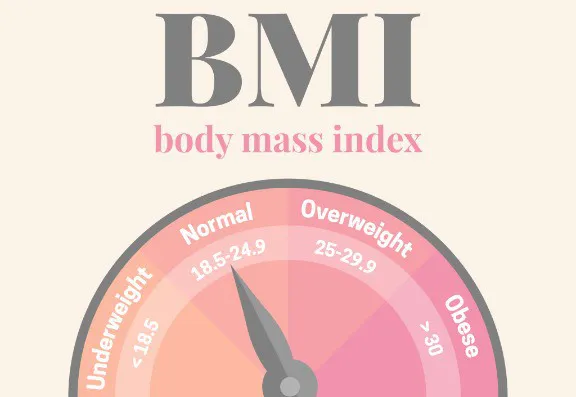
15
Dec
2023
As the prevalence of obesity increases, more and more drugs that assist with weight loss are being developed. Initial approaches in developing weight loss drugs were focused on increasing energy expenditure. Later, as other endocrine or hormone-mediated mechanisms for weight gain were unearthed, drugs targeting newly discovered receptors and/or enzymes that help with appetite control, with improved efficacy, tolerability and safety, have been introduced. These have become the mainstay of medical weight loss treatments and have revolutionised the approach to weight loss for millions of people who have struggled for years.
Some of the older medications on average, would help people lose 5% to 7% of their body weight when combined with dietary changes and exercise. The newer class of medications specifically target GLP1 (glucagon-like peptide 1) and GIP (glucose-dependent insulinotropic peptide). These are two very important receptors in the regulation of appetite as well as insulin release. The medications have become famous because of their impressive weight-loss results. GLP-1 receptor agonists such as Semaglutide (the active ingredient medication in Ozempic® and Wegovy®) work by mimicking the natural GLP-1 hormone our bodies produce. GLP-1 is an incretin hormone: A type of hormone released naturally by your body when you eat food. It targets areas of the brain involved in regulating appetite and food intake to tell the body it is full, which inhibits overeating. It also plays a key role in the effective management of blood sugar levels and can improve blood sugar levels in people living with Type 2 diabetes. Over and above the benefits of Type 2 diabetes, the impact on weight loss has been so significant that in many cases people have been able to lose 10% to 20% of their body weight and more.
Mounjaro® is the latest injectable treatment that has been approved in the UK, which helps the body to both control blood glucose (sugars) after meals and regulate appetite. Clinical trials have shown it’s more effective in controlling blood sugar and lead to greater weight loss compared even with Semaglutide. Tirzepatide is derived from a protein with a similar structure to the hormone GIP (glucose-dependent insulinotropic peptide), but it also binds to the GLP-1 receptors which also has a role in insulin release and appetite control. The dual action unsurprisingly has a more significant impact on appetite control. This makes Tirzepatide the first “dual-hormone agonist” approved for both Type 2 Diabetes as well as weight management. Wegovy and Mounjaro remain at the forefront of medical weight management options.

Even more compelling is the recent clinical trial evidence that has shown a reduction and impact in heart attacks, strokes, heart failure and death in high-risk individuals who have already had a heart attack or a stroke or some sort of cardiovascular event and are living with obesity or overweight.
It is important to remember that when using these medications for weight loss they are only approved for people who meet certain criteria which include adults diagnosed with obesity — a body mass index (BMI) of 30 or higher — or those with a BMI of 27 plus at least one weight-related condition, like high blood pressure, high cholesterol, or type 2 diabetes.
Some people may see these new drugs as a quick-fix solution but all weight-loss medications must be used as an aid to weight loss and supported by an overall, clinically well-supervised program that supports healthy eating, regular physical activity and long-term behaviour change. People who stop taking the medications will often regain weight unless they have established a consistent lifestyle change that will help sustain their weight loss, in the long term.
When contemplating taking these medications one must always consider the risks and benefits and it's important to understand the potential downsides. Some people may develop various gastrointestinal side effects, including gas, bloating, indigestion, nausea, or irregular bowel movements. But these tend to usually resolve within a few weeks. These medications should always be started at their lowest doses and then gradually increased to try and avoid developing side effects. It is not just prudent but imperative that people ask for help and speak to clinicians to avoid or manage these often transient side effects and enjoy their journeys to achieving a healthier weight.
One cannot underestimate the consequences and impact on the individual, society and health care system from the increasing burden of overweight and obesity. Medical therapies are therefore an essential addition to our armamentarium of strategies for fighting obesity. For a physician who is involved in helping people living with obesity get healthier, it is an exciting time as newer therapies in the pipeline show even more promise and gives us more options to help people achieve their weight loss goals and become healthier and happier and that’s is what it’s all about.
Do you run an aesthetic clinic? Sign up for Dr Frank’s Weight Loss Method to offer your clients this unique groundbreaking approach that's changing lives every day, and earn 8% in referrals if you mention "Consulting Room".
Visit Dr Frank’s Weight Loss Method for more information or call 0331 630 1010.